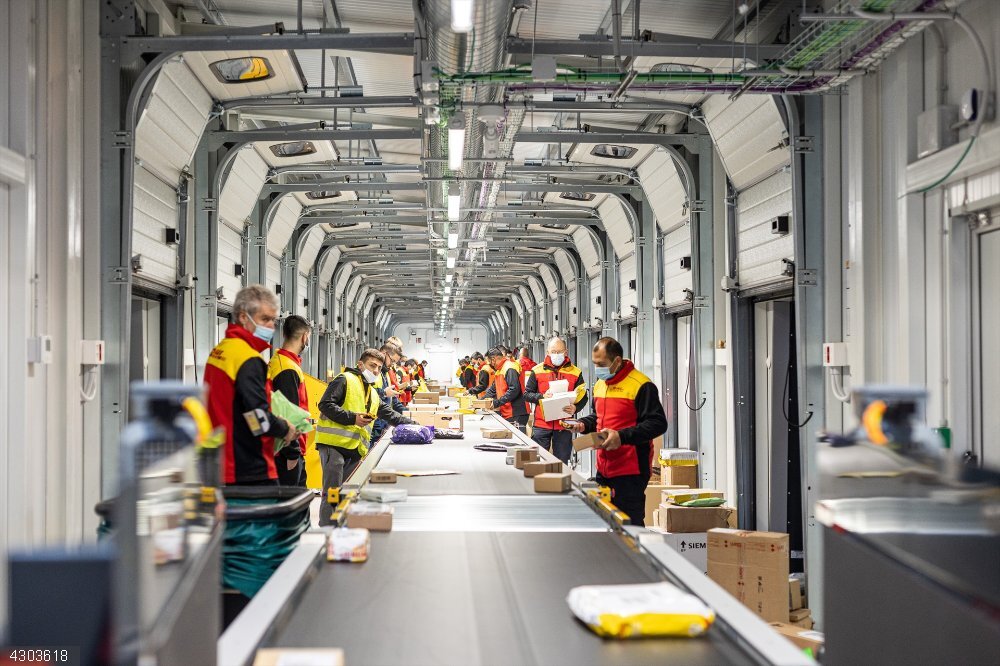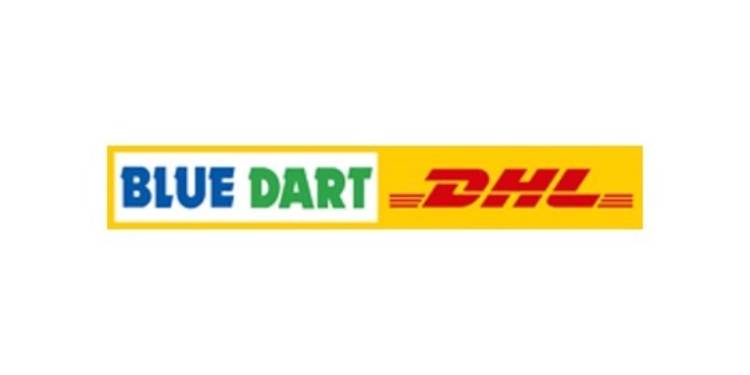Deutsche Post AG's Strategic Shift: How New Leadership and Acquisitions Are Paving the Way for Logistics Dominance
Henry RiversSaturday, Jun 21, 2025 2:41 pm ET
![]() 38min read
38min read
The logistics industry is undergoing a seismic shift, driven by e-commerce growth, pharmaceutical innovation, and sustainability mandates. At the center of this transformation stands Deutsche Post AG, the parent company of DHL, which has embarked on a bold strategic pivot under its new leadership. The appointment of as CEO of DHL Supply Chain North America—and his role in orchestrating a series of acquisitions—has positioned the firm to capitalize on high-margin sectors while addressing operational inefficiencies. Here's why investors should take notice.
Kunar, who has spent nearly three decades at DHL, brings a unique blend of financial discipline and strategic foresight to the table. As both Chief Financial Officer and Chief Strategy Officer prior to his promotion, he was directly responsible for structuring DHL's recent acquisitions: , , and . These deals are no coincidence—they're part of a deliberate plan to dominate three critical niches: , , and .

Let's unpack each acquisition and their strategic importance:
Kunar's financial acumen shines in DHL's cost-cutting plans. The company aims to , primarily through automation and workforce optimization. While layoffs in Germany's parcel division (8,000 jobs by end-2025) may raise short-term concerns, they reflect a strategic reallocation of resources to high-growth areas like North America and pharma logistics.
Crucially, these moves don't come at the expense of growth. DHL is over five years to build specialized infrastructure, including Pharma Hubs compliant with Good Distribution Practices (GDP). Such hubs will ensure reliability in temperature-sensitive shipments—a key requirement for biopharma clients.
DHL's 2030 strategy isn't just about profits; it's also about . The acquisitions align with this goal:
- reduces waste in temperature-sensitive supply chains.
- cut transportation emissions for e-commerce orders.
- DHL's focus on (via Inmar) enables circular economies, reducing waste.
Investors focused on ESG metrics should note that 70% of institutional investors now prioritize sustainability in logistics firms. DHL's commitment here could amplify its appeal to this growing segment.
Deutsche Post's moves reduce execution risk in three ways:
1. Less reliance on volatile sectors (e.g., German postal services) and more on high-margin niches.
2. Kunar's 30-year tenure ensures smooth assimilation of acquisitions.
3. The $5 billion Life Sciences division (2024 revenue) and North American expansion create a runway for growth.
For investors, Deutsche Post's valuation looks attractive. At a (vs. the sector average of 16x), the stock offers a discount for its balance of growth and sustainability. Meanwhile, its debt-to-equity ratio of 1.2x—lower than peers like FedEx or UPS—suggests financial stability.
Mark Kunar's leadership and the strategic acquisitions mark a turning point for Deutsche Post. By targeting high-growth niches, cutting costs, and doubling down on sustainability, the company is positioning itself to thrive in a fragmented logistics landscape. For investors seeking a play on e-commerce, pharma innovation, and ESG-driven logistics, Deutsche Post AG is a compelling buy.
Action Items for Investors:
- Monitor DHL's integration progress (Q3 2025 updates).
- Track e-commerce adoption rates and pharma R&D spending.
- Watch for regulatory clarity on cross-border logistics and sustainability mandates.
In a world where logistics complexity is rising, Deutsche Post's strategy is anything but ordinary—and that's exactly why it's worth owning.











